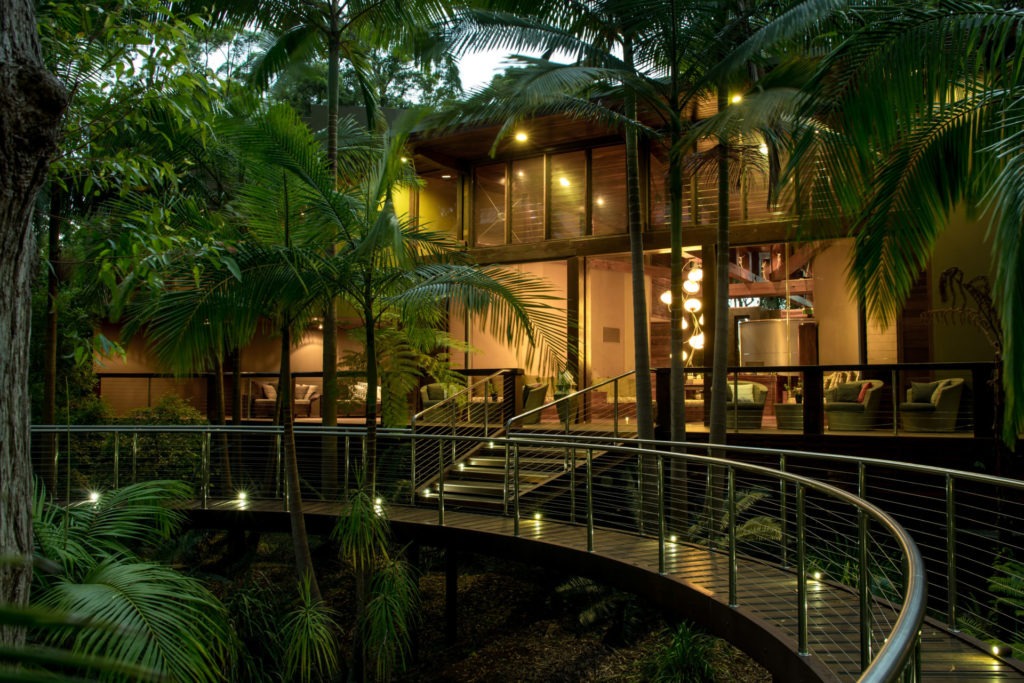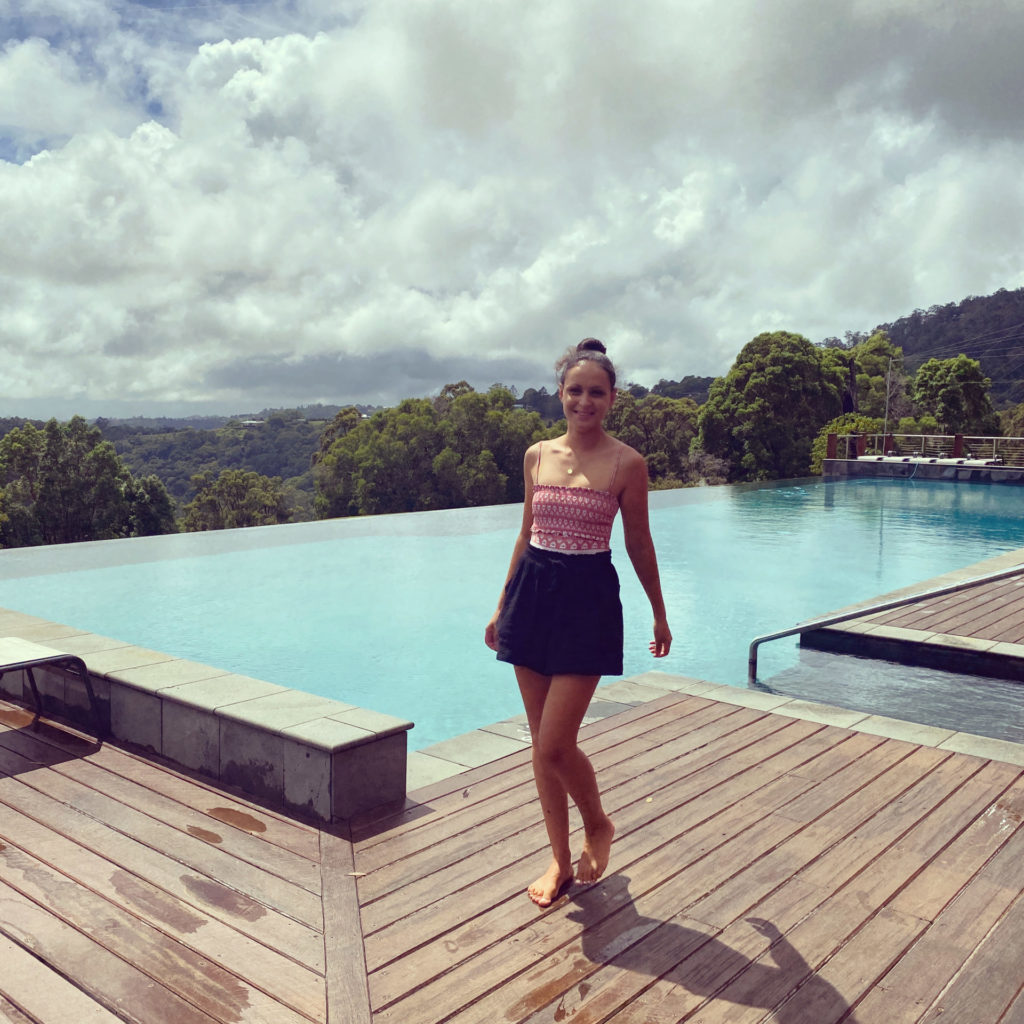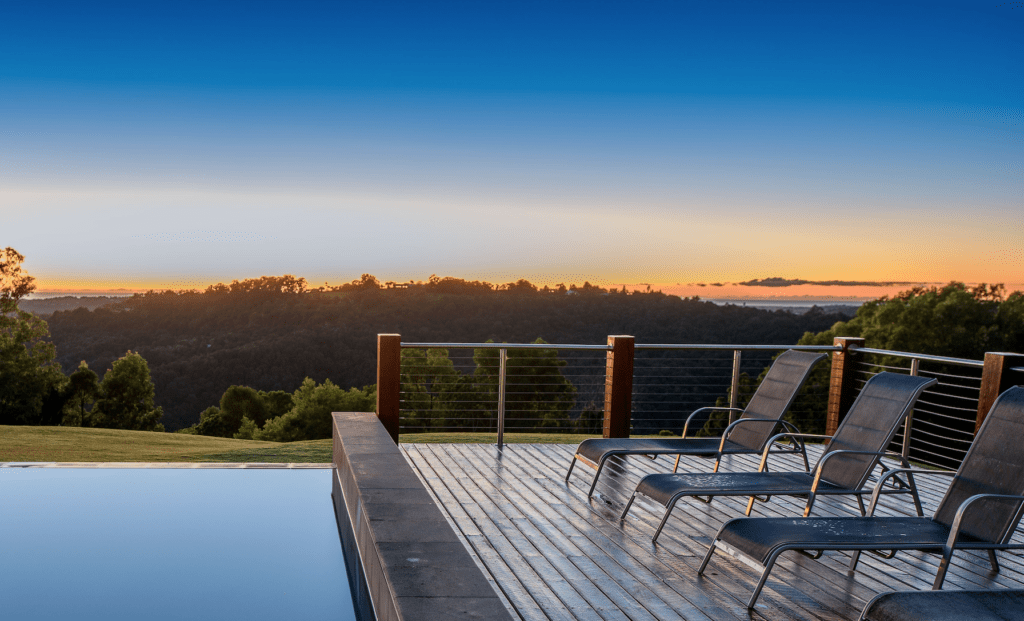I used to turn my nose up at the notion of “me time”.
Not because I don’t believe in self-care, but because I arrogantly and naively believed that no matter how busy I became, it would never be so consuming that I’d need to designate time for myself. I’d always have that time– implicitly and without working for it.
Fast forward 12 months, and god, how wrong could I have been?
2020 has been a flash of chaos; some of it beautiful, some of it ugly. But it’s also been the one year in my life where finding time for myself has fallen well and truly off the priority list.
There are several reasons, but the recipe essentially boils down to this:
- A new baby and the shock of first-time parenthood
- Trying to keep a small business going through an unprecedented recession
- Domestic responsibilities
- Chronic insomnia
- And, well, everything else.
Burnout has been a buzzword, or rather a buzz-state for 2020, and with thousands of Australians cut off from critical support and carrying heavier loads than ever before, it’s little wonder. For women, who disproportionately shoulder domestic and caring responsibilities, the crisis is even more severe.
I was not immune.
I realised how bad it had gotten a couple of months ago, when, having just roused from another night of three hours sleep, I sat at my kitchen table staring blankly as a burst of stars appeared on my laptop screen. I was experiencing another migraine. My heart was beating out of my chest, and I kept needing to catch my breath despite being stationary.
I knew these physical symptoms were a direct manifestation of the mental pressure I was under, and a circuit breaker was needed.
Without thinking, I typed an email to Gwinganna; a wellness retreat which a friend, who knew my situation, had recommended months prior. A few weeks later, with the Queensland border reopened to NSW, I was on my way to what would end up being the reset I so desperately needed.
Perched high atop a mountain in the Gold Coast hinterland, Gwinganna soothes the soul the minute you step into reception. The space is warm, the staff speak gently and the air is fragrant with eucalyptus.
The property is stunning, but not in a showy way. An old country chapel and a handful of cute cottages (transformed into communal areas or guest suites) sit among hectares of untouched bushland. A sanctuary for humans and wildlife alike it seems, rock wallabies, kookaburras and koalas are easy to spot.
My room is a neutral, expansive suite with a wide daybed on the verandah, dim lights, a deep bath and a rainforest shower. There is no television or tech and barely any wifi. Part of me freaked, the other part of me breathed a sigh of relief.
I had to switch off. There was no choice.
During an introductory meeting the same afternoon of arrival, I meet some of the Gwinganna team and all of the other people doing the ‘Triple S’ (Sleep, Sugar, Stress) program. My particular group is comprised of mostly women; a few groups of friends, mother and daughter duos and single professionals. It feels a bit like school camp, but with zero trace of “mean girl” energy. The environment is instantly open and inclusive.

I sit next to a woman who fast becomes a good friend; a journalist and a young mum as well, this is her third trip to Gwinganna. She’s not alone. Many of the group have been before and treat it as a normal aspect of their annual health routine. I meet teachers, scientists, business owners, students and young artists– it’s truly a mixed bag.
Over the next four days, I learn valuable strategies to help me sleep better and overcome my racing mind.
The days at Gwinganna are mapped out with mornings dedicated to a range of yin (calming and restorative) and yang (more physical and intense) activities and informative seminars. The idea is to listen to your body each day and determine what it most needs. You need to forget FOMO and embrace JOMO- ‘the joy of missing out,’ if it’s what’s right for you.
On quieter mornings, I choose options like meditative yoga, a breathing class, and a leisurely stroll around the grounds with Shelly– the most incredible and intuitive horticulturist you could ever meet.

On yang days, I select a hike up the steep driveway, a deep water running class and a joints mobility session. The trainers are brilliant and cater to women and men of all backgrounds and aptitudes.
The afternoons are designated for restoration. From 1:30pm till dinner at 6:30pm, we’re encouraged to read, nap, enjoy time in the truly ridiculous spa or meditate. As I lie in the bath on my first day there, it takes me a moment to decompress. Glancing down at my still-red caesarean scar, I recognise the full magnitude of this year– perhaps for the first time ever.
We eat nourishing, delicious meals, served in a communal Balinese-inspired dining room. The tables look out to an emerald infinity pool that teeters over the edge of luscious green bush. As a foodie (and a lover of butter, sugar and all things bad for me) I’m surprised by how amazing the food is.

For breakfast, the roast pumpkin, poached egg, tahini and dukkah stands out, and for lunch and dinner the chilli con carne with charred broccoli and tropical salsa as well as the giant king prawns, with tomato puree, cucumbers and grains are the stuff of food-lover’s dreams. Gluten, sugar and dairy free, I’m a certified convert (at least until Christmas).
When I pack up on the final day, I’m uncharacteristically reflective. I’m excited to see my boys, but I also know that this is a turning point for how I carry on.
As women, we’re often celebrated for our ability to juggle and to multi-task ourselves into oblivion. But the inescapable truth about juggling– about keeping those balls in the air– is that eventually they drop. And the impacts can be devastating.
Of course, for this to change, many social structures need to shift as well. Men need to take on more of the workload at home and across care, workplaces need to open themselves up to truly flexible work options and government leaders need to implement policies which support this too.
But what I’ve realised? I’m not weak for needing time to myself. I’m not a bad mother, or a bad worker. I’m human. And while I’m one of the truly lucky ones this year, it’s still okay to acknowledge that my capacity to cope had been slipping. “Me time” was the antidote.


